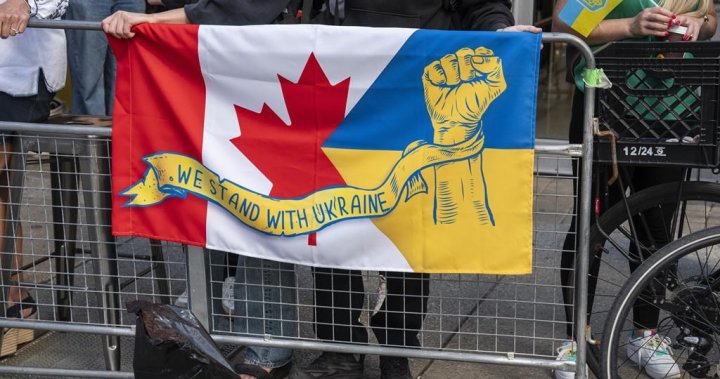The documentary “Russians at War” has sparked controversy, leading to a decision by Ontario’s public broadcaster, TVO, not to air the film, despite providing funding for its production. Critics, including the Ukrainian community and some Canadian politicians, have raised concerns about the film being Russian propaganda that whitewashes military war crimes in Ukraine. The Toronto International Film Festival, where the film was initially included in the lineup, suspended all screenings due to threats. TVO had planned to air the documentary, but the board of directors withdrew support following feedback received from various groups.
The decision by TVO to pull the film has raised questions about media independence and political interference in editorial decisions. The Documentary Organization of Canada expressed concern about the network’s reversal, suggesting it sets a troubling precedent for future documentary productions. While some individuals have defended the documentary, including one of its producers, Cornelia Principe, the backlash against the film led to TVO’s decision to review the process by which the project was funded and leveraged. The Canada Media Fund provided financial support for the documentary, and TVO had to pay a licensing fee to air it.
Despite the controversy surrounding “Russians at War,” other broadcasters, such as British Columbia’s Knowledge Network, have made a license fee contribution to air the film as a second window broadcaster. Finance Minister and Deputy Prime Minister Chrystia Freeland has voiced concerns about the use of public funds for the documentary, aligning herself with Ukrainian officials and community members in Canada who have protested the film. The Ukrainian Canadian Congress has vowed to continue protesting the documentary, even as the TIFF plans to screen it at some point, and it is set to be shown at the Windsor International Film Festival.
The decision to pull “Russians at War” has raised questions about the role of public broadcasters and their obligation to their audiences. TVO’s board faced criticism for its handling of the situation, with some calling for more transparency about the reasons for pulling the documentary. The impact of this controversy on future documentary projects remains to be seen, with concerns about potential interference in editorial decisions by funding bodies or stakeholders. The ongoing debate highlights the complexities of balancing artistic freedom, public interest, and political sensitivities in documentary filmmaking. The fallout from this controversy could have far-reaching implications for the Canadian media landscape and discussions around editorial independence.


